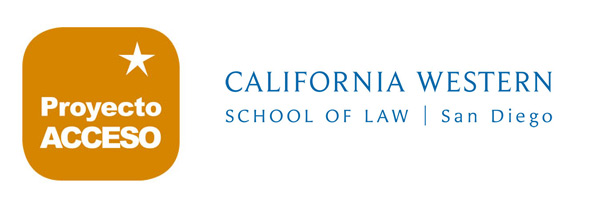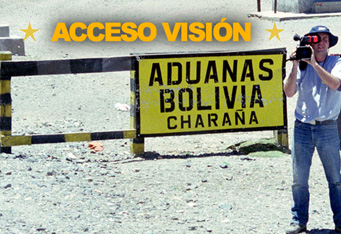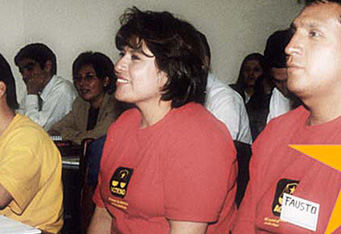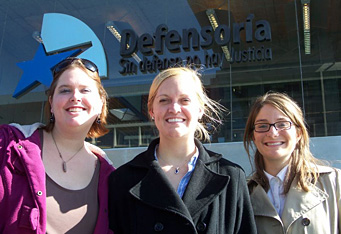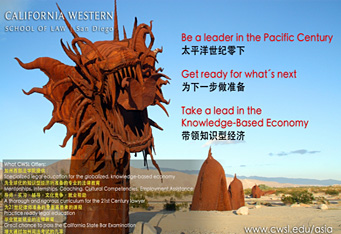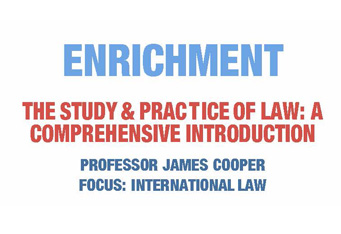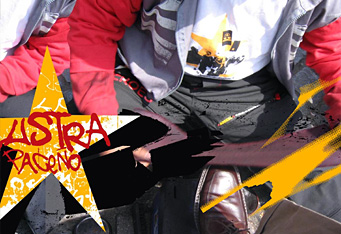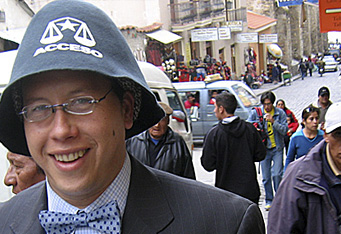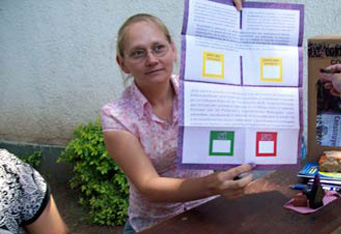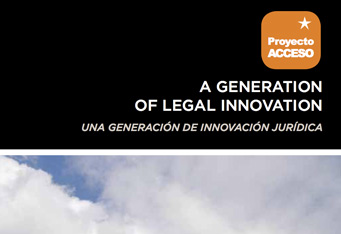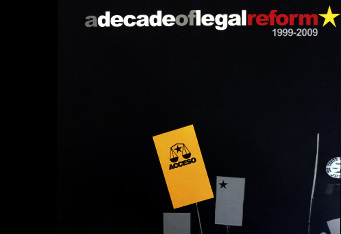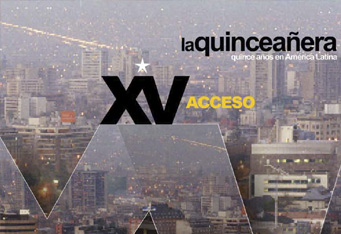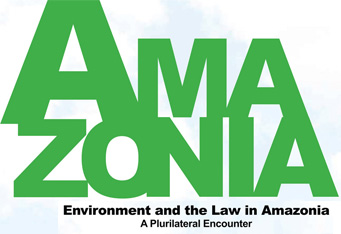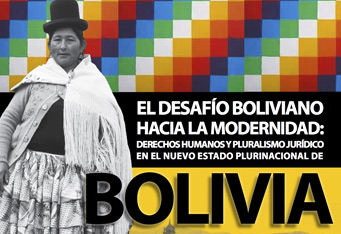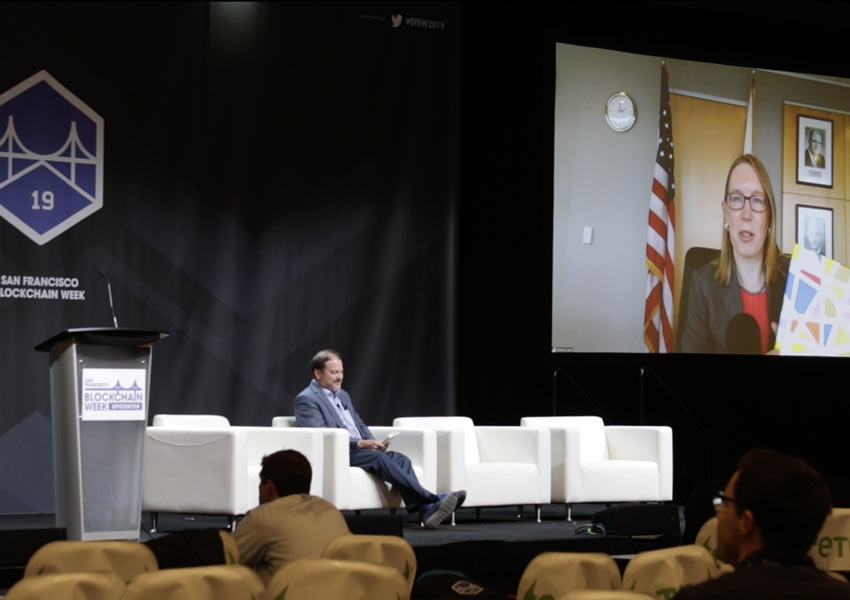Emerging Tec + Law
SEC Commissioner Hester Peirce and Prof. James Cooper had a virtual fireside chat about the new era of FINTECH and the manner in which the U.S. Securities and Exchange Commission is regulating cryptocurrencies on the main stage of San Francisco Blockchain Week 2019 (October 31, 2019).
Fireside chat with California Senate Major Leader Senator Robert Hertzberg and California State Assembly Leader Ian Calderon
Professor James Cooper made some introductory remarks in a fireside chat with California Senate Major Leader Senator Robert Hertzberg and California State Assembly Leader Ian Calderon on July 1, 2020.
Moderated by Chris Groshung of the San Diego Blockchain Forum, this chat discussed proposed changes in California’s laws to better to position the Golden State in the evolving blockchain space.
The chat will be broadcast on Unitize. Online on July 7th as part of the global conference’s Regulatory Day.
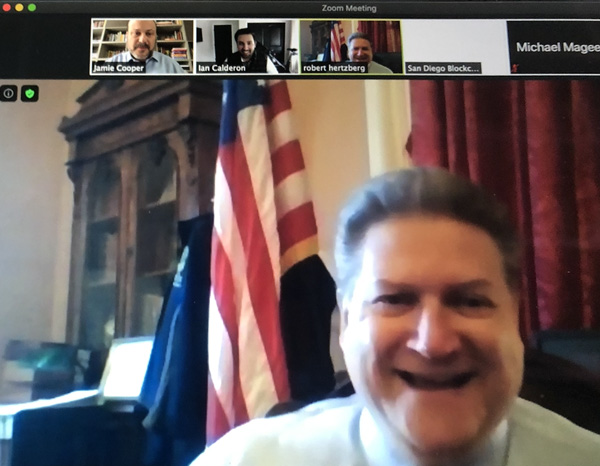
Thought Leadership
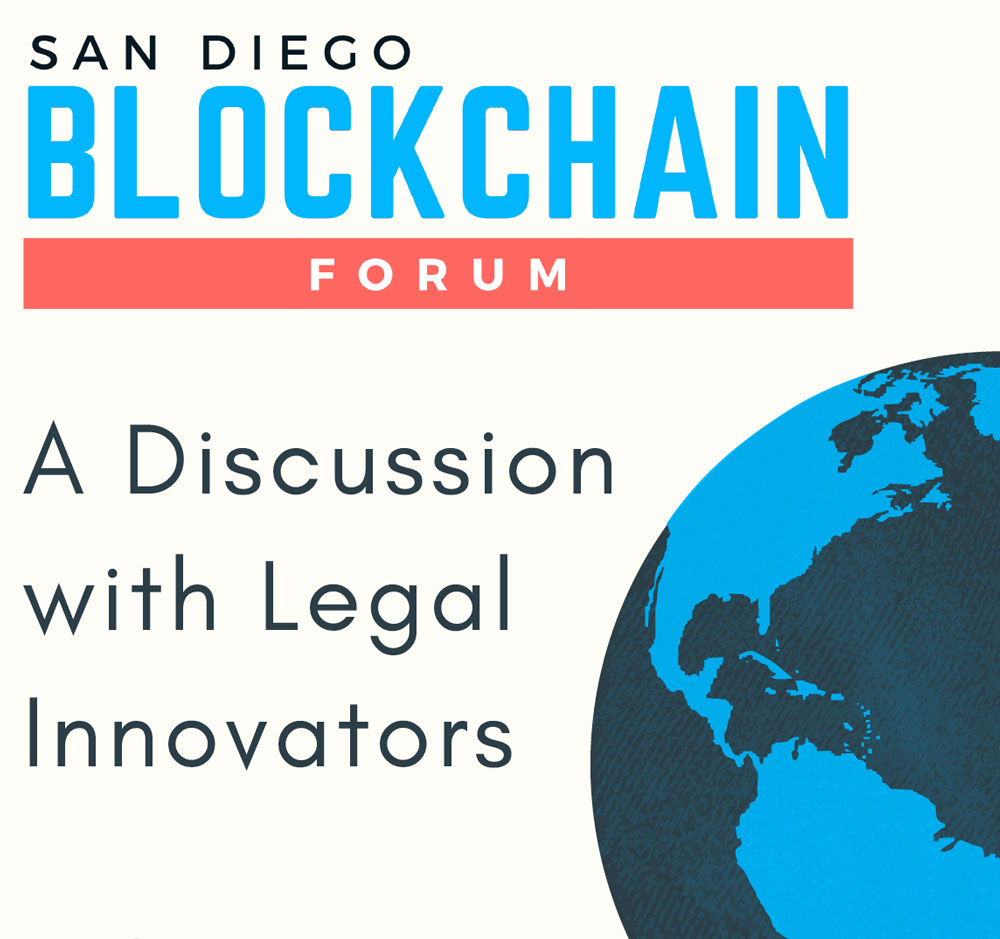
San Diego Blockchain Forum
December 12, 2019
5:00PM - 8:00PM
Networking Reception to Follow
University of California San Diego
Rady School of Management | Otterson 1S114
Business Professional Attire
Visit our website sdblockchainforum.org for an interview with Prof. James Cooper.
Professor James Cooper interview at the San Diego Blockchain Forum
A Geo-Political Overview of Digital Asset Regulation: US and Asia
What do you know about Emerging Tech
ACCESO Tec assists in the creation of the new technologies while strengthening the rule of law, providing access to justice, and building economic opportunities.
Emerging technologies are forcing us to renegotiate the social contract, integrate algorithms into our agreements, and embrace a new era of digital sovereignty.
By controlling the data we generate, the use of our private information, and taking the reigns of social media and our online interactions, we are self-empowered. Likewise, the role of professionals – like doctors and lawyers – are changing.
Smart contracts, Artificial Intelligence and the harnessing of big data are all changing traditional workplaces.
Financial institutions and utility providers with whom we contract may have their work disintermediated over time. Governance structures and economic relations are all in flux with the rollout of blockchain technology.
This is the time for ACCESO Tec.
Here some opinion articles from ACCESO Director on Emerging Technologies:
Cooper Co-Authors New Oped on Reg Tech Business Times (Singapore)
Artificial Intelligence Oped by James Cooper
Blockchain Technology
Everyone is talking about blockchain technology. The incredible rise of bitcoin, the cryptocurrency which introduced blockchain technology to the world, and its rapid year-end market rout in a matter of weeks are attracting feverish international attention, both among investors and regulators.
The hacks that robbed tens of millions of dollars, the Web site activity overloads of exchanges and the ever-present specter of money laundering are all part of the hype.
Blockchain technology is essentially a universally transparent ledger where distributed trade and services can be conducted without the need for the usual trusted intermediaries of the past. The old world order of centralized services controlling all the data and mechanisms of business, such as HSBC, Ebay and Facebook, are gone.
In its place will be disintermediated marketplaces and services where buyers and sellers can conduct business directly to great efficiency and transparency.
Artificial Intelligence
It is no surprise that AI is seen as the next battleground. Visionary entrepreneur and thought leader Elon Musk has predicted that the competition among countries for AI superiority will likely lead to World War III.
As AI becomes more prevalent in our lives, there are many ethical issues that we have not yet considered. If military drones can learn to select their own targets for bombing, who is responsible for war crimes and crimes against humanity? The person who created the algorithm? What if machines start to discriminate based on race, creed or sexual orientation?
This is not far-fetched. Earlier this month, a Stanford University study found that, based solely on a photograph, an algorithm could deduce the sexuality of people on a dating site with up to 91 percent accuracy for men and 83 percent accuracy for women. With that rate of success, there are still chances for false positives causing an unacceptable level of uncertainty.
This is a frightening development, as the technology could be used by spouses who suspect their partners of being closeted, by cyber bullies outing vulnerable classmates, and by repressive governments targeting citizens who run afoul of their homophobic policies.
